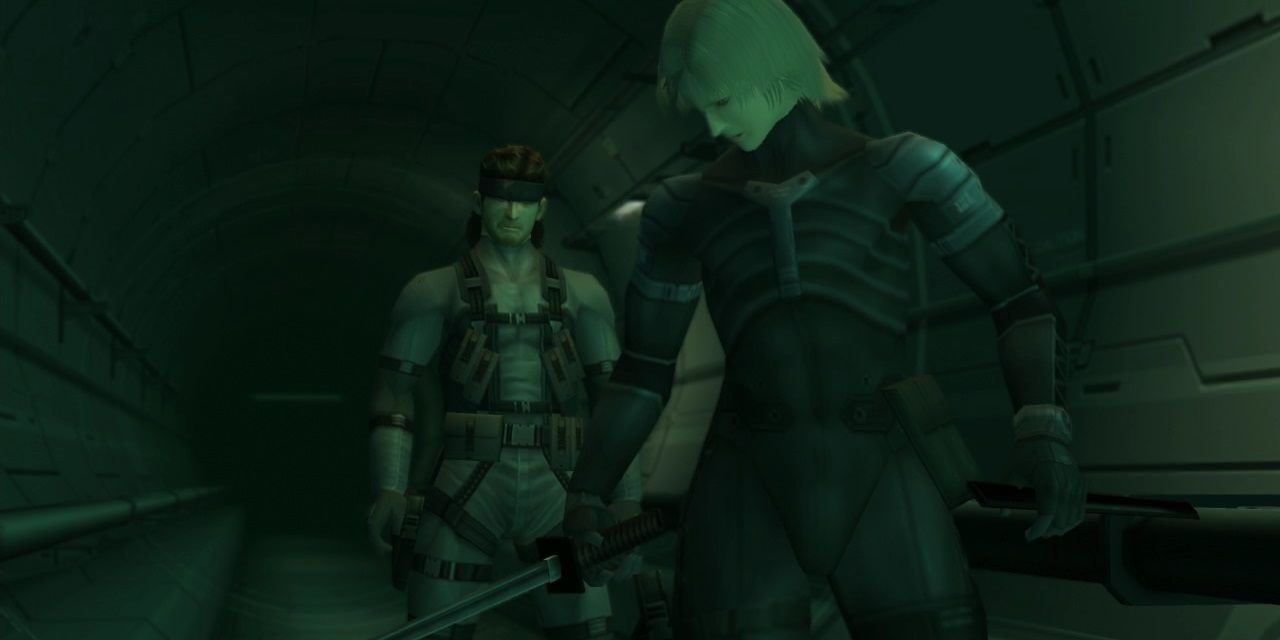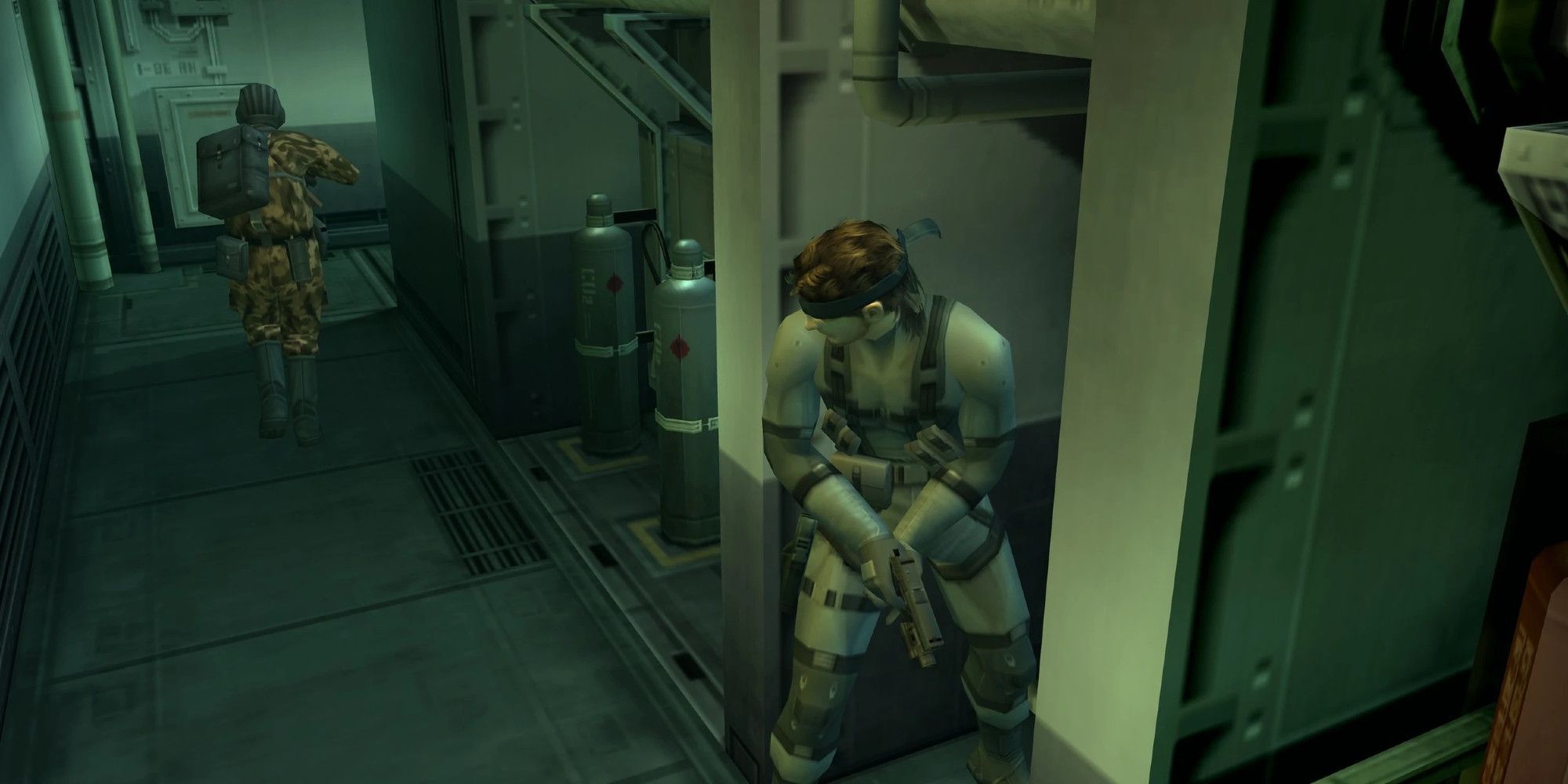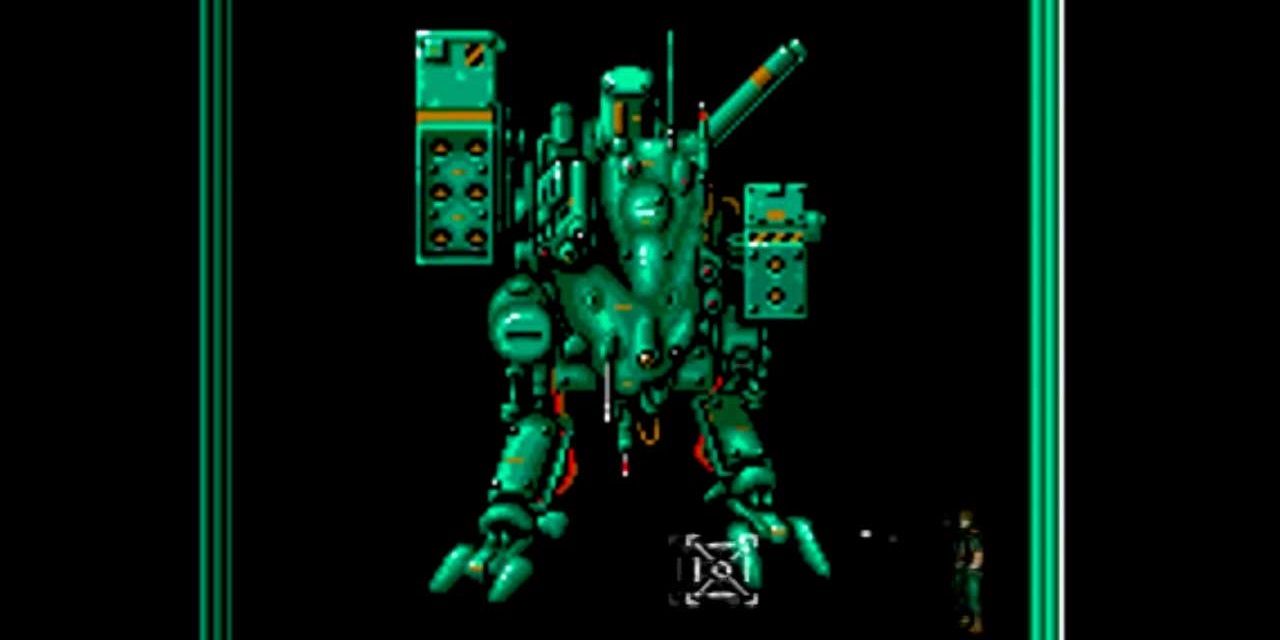Hideo Kojima is best known for the Metal Gear Solid series, stealth-action games that span over 30 years of releases. Originally debuting with Metal Gear for the MSX computer system in 1987, the franchise has spanned multiple generations and consoles. The success of Metal Gear and Metal Gear 2 spawned multiple prequels and spinoff series, including Metal Gear Solid and Metal Gear Rising, the latter being much more pertinent to the series as a whole than its predecessors.
Before splitting with the company in 2015, Kojima was vice president of Konami Digital Entertainment, an industry titan and one that many believe owes a great deal of its success to the popularity of Kojima's games. His influence as a writer, director, producer, and game designer are so great that he's found commercial success with his own production company, Kojima Productions, and rumors suggest that he may be consulting on a remake of one of his most popular games, perhaps Metal Gear Solid 3.
What every entry in the Metal Gear Solid series undoubtedly had in common was its fantastic storytelling and a grim historical-sci-fi military setting. The series' intricate storylines and cinematic coverage of cyberpunk, dystopian, political, and philosophical topics left an impression on much of its audience. Because of its choice of subject matter, the series has a reputation of making eerily accurate predictions of the near future. Here are just some of the things the games got right, intentionally or otherwise.
Metal Gear Solid 2 Predicted Fake News
Metal Gear Solid is known for sympathetic villains and heroes, and Metal Gear Solid 2 protagonist Jack "The Ripper" Raiden is no exception. At the beginning of the game, the rookie agent finds himself the singular soldier on a mission to rescue the United States president from a group of terrorists holding him hostage. Over the course of the mission, the identities and motives of many of these antagonists, as well as his friends and allies, become warped and confusing, and eventually, Raiden finds out that the entire situation was staged to manipulate his identity as a soldier.
As Raiden discovers the truth behind the shadowy organization known as the Patriots, the extent of their plans and control over the population is revealed. During one lengthy conversation, Colonel Campbell (recently revealed to be an AI created to monitor and further manipulate Raiden) describes the digitalized world as being overwhelmed by "trivial" information. He mentions that what he describes as junk information (tabloids, rumors, scandals, reality tv, etc) drowns out anything productive, and says that valuable truths must be retrieved in order to benefit the human species.
Raiden's revelation about his manipulation and "loss of innocence" is considered by many to be one of the saddest moments in Metal Gear Solid history, but it also serves as a warning for the future to come. Metal Gear Solid 2's plot describes a world where a person's digital footprint is constantly tracked, and information is selectively curated to discredit people in the form of fake news and gossip that undermines credible news sources. It serves as a warning about the digital age, profiling, and the dangerous reality of behavior engineering.
Metal Gear Solid Series Predicted Surveillance Drones
UA-Drones (short for Unmanned Aerial Drones) are a reoccurring trap in the Metal Gear Solid franchise, one that many players have voiced frustration with. The unmanned, usually unarmed mechanical menaces tend to be found defending a military compound the game's protagonist is attempting to infiltrate. If spotted, often because a player doesn't know they should be looking for them, the drones will alert nearby guards and players will find themselves in a tough situation, often tanking the scores of stealth purists and compromising an MGS pacifist playthrough.
Through simply a trivial and interesting concept at the time, drone technology has since caught up to the possibilities imagined in video games and other media. A high-end consumer drone can fly between 2.5 to 5 miles on a single battery life, which is to say nothing about the almost certainly more impressive capabilities of classified military technology. The reality of drones being used for surveillance goes beyond practical usage in information operations, with civilians using drones to spy on their neighbors - a very present and frustratingly common occurrence.
Metal Gear Solid Series Predicted Unmanned War Machines
Often serving as iconic boss fights in Metal Gear Solid games, the titular machines known as Metal Gear are massive, usually nuclear-capable weapons of war that change the face of the battlefield with each new iteration (assuming Snake doesn't manage to blow it up first.) Arguably the most terrifying versions of Metal Gear were the mass-produced, unmanned Metal Gear RAY models from Metal Gear Rising, which forgo human pilots for the merciless efficiency of an AI control system.
Metal Gear Solid takes an intriguing look into the possibility of automated warfare. Besides the aforementioned Metal Gear RAY, the series also explores the concept with gun-armed cameras and flying drones, which go beyond the simple surveillance mentioned before. Metal Gear Solid 4 and Metal Gear Rising go all-in on the concept with the intimidating GEKKO, powerful, autonomous walking tanks that moo despite their namesake.
The Metal Gear Solid series describes a ramping escalation of military technology, beginning in the series' first prequel installment. It predicts a world where weapons technology will advance far beyond the need of human intervention, which is a real-life phenomenon. Unmanned weapon platforms have become more and more present on the modern battlefield, coining the term LAW (Lethal Autonomous Weapon.) These systems can independently search for and engage targets based on pre=programmed parameters, and the removal of a human element from warfare has been an ethical debate for a long time.
Metal Gear Solid's predictions of the future can be accredited not to a supernatural affinity with a crystal ball, but to the acutely imaginative mind of Hideo Kojima and the other writers involved with the series, as well as the slew of military and science professionals consulted to make the games more accurate to the realities they depicted. Art is also known to inspire fiction, and who's to say Kojima's iconic and popular military-stealth series didn't put a few ideas in the minds of information technology and weapons system developers? Should the Metal Gear Solid series receive another installment, it will be interesting to see what else the franchise predicts - or inspires - in the real world next.




